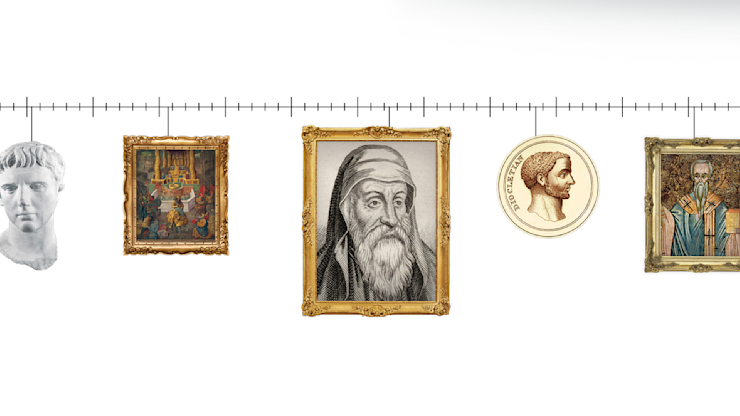How Celibacy Developed in the Early Church

2 Min Read
In this brief clip from his teaching series A Survey of Church History, W. Robert Godfrey explains how the early church came to view celibacy as the life most pleasing to God. Watch this entire message for free today.
Transcript
What do we discover? We discover that in the ancient church there begins to emerge, late second century into the early third century, there begins to be a movement of Christians who are embracing this kind of radical asceticism, often arising first of all in Egypt, and manifesting itself first of all in a hermit life. So, I decide I’m going to be ascetic, and part of what that means is I move out into the wilderness all by myself, just to live for God, just to be able to spend my life fasting and praying, fighting with the demons – some of the hermits lost, they went crazy out there alone. But that craziness itself was turned into a virtue in the church that they’d been kissed by God, they’ve entered into a kind of union that we can’t understand. But here, you see, was the, here was the goal that they would be able to be these radically sold out people for Christ. And then, that began to be regularized into some kind of community living, and this was the beginning of the growth of monasticism, of communities of people, men set aside, and women set aside into communities where they would devote themselves entirely to the service of God and prayer, as they understood it.
And this also then began gradually to influence the life of the clergy, and people began to say, “Well, if these monks and nuns ought to be ascetic, shouldn’t the clergy altogether live that way? Wouldn’t it be best to have clergy who were disciplined in that way and were devoted in that way?”
So that idea began to grow up in the church as well. And eventually in the western church, what today we know as the Roman Catholic Church, eventually, by the late ancient period, the Roman Catholic Church was insistent that all of her priests should be celibate. And that practice continues to this day. But in the eastern church, the practice continues to this day that you can marry as a priest as long as you get married before you’re ordained to the priesthood. You can’t get married after you’re ordained, which has the practical consequence of trying to find a really healthy girl, you don’t want her dying on you, this would be very problematic. Only bishops in the Eastern Church cannot be married. So you have this, you see, spiritualizing direction being tied to this world, seeing the value of family as a bad thing. We need to be denying of the body, being denied the pleasures of this world so that we can give ourselves one hundred percent to the service of God.
This emerged out of the kind of thing we see in Origen. It emerged out of the spiritualizing, Platonizing atmosphere of the ancient church, and continues to cast this long shadow in the history of the church, that somehow the celibate life is the life most pleasing to God.